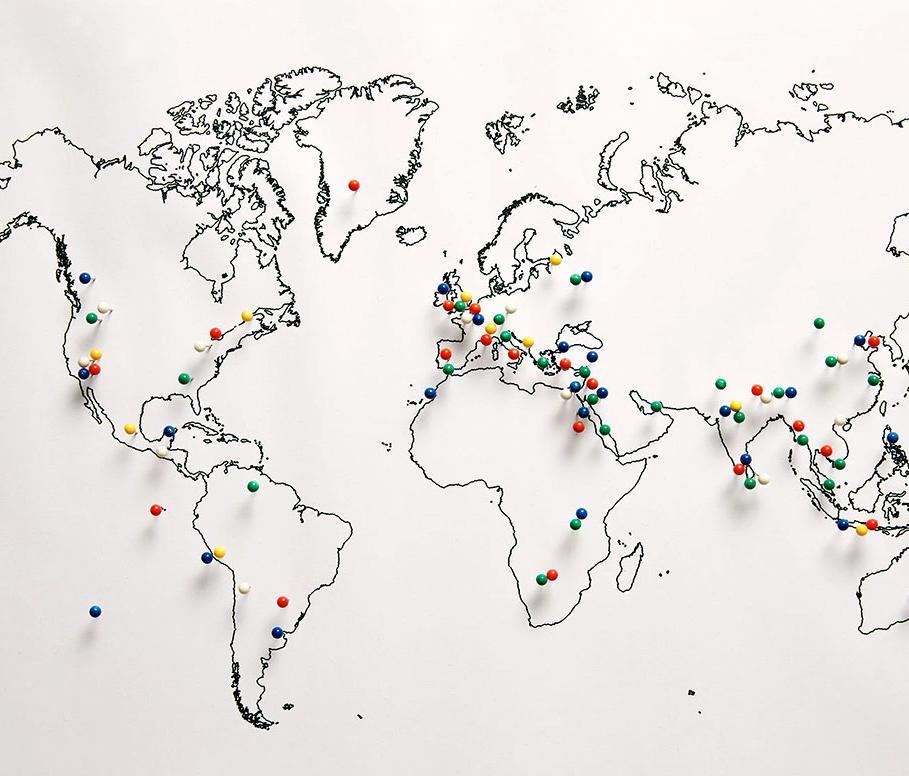Last week in Geneva, the World Health Organization convened a timely and essential discussion on improving global access to medicines during the seventy-second World Health Assembly (WHA). In a number of side events organized during the week-long WHA, representatives from countries, civil society groups, and the private sector brought to the table thoughtful and important insights on how to ensure patients around the world have access to treatments and cures they need.
As a follow up to this year’s WHA and the vital conversation around medicines access that took place, IP Progress is highlighting some of the most promising statements that were made highlighting the importance of innovation.
Several representatives at the WHA cited the critical role of innovation and the need to supports breakthrough research and development into new treatments.
- India remarked that, “[I]nnovation and public health and funding mechanisms should be promoted particularly with regard to stimulating research and development [R&D] related to type 2 and type 3 diseases and the specific needs of developing countries.”
- Japan also recognized the role of innovation and R&D, saying “it is necessary to provide incentives such as investment and intellectual property [IP] protection for companies and research institutions to promote R&D. Member states and stakeholders need to come up with a method to enhance R&D while respecting the costs invested in R&D."
- The private sector echoed these sentiments. A representative from the International Federation of Pharmaceutical Manufacturers (IFPMA)stated that “long-term solutions to access must promote sustained investment in health systems strengthening together with an innovation ecosystem that incentivizes research in new products - the generics of tomorrow. Strong IP protection is a key component of such an ecosystem...”
Beyond the dialogue on intellectual property, several countries recognized the critical need to address the real barriers standing between patients and the medicines they need.
- Bangladesh recognized the “importance of good supply chain practices for medicine products,” acknowledging that weaknesses in the supply chain can “contribute to local and global medicine shortages.”
- Similarly, Tanzania noted that the country was “redesigning an efficient supply chain to ensure continued availability of quality health commodities.”
- Zambia also highlighted the importance of addressing barriers to access, recognizing that “investing in improving the supply logistics systems through infrastructure development, increasing essential medicines and vaccines budget allocation, and recruitment of pharmacists with experience in supply chain management and training are key to improving access to medicines and vaccines.”
As international leaders come away from this year’s WHA and continue to discuss and map out approaches to improving access to medicines, these insightful statements from global delegations and health experts should serve as important reminders. As valuable, on-the-ground insights, these statements focus on what is most important and beneficial to improving access to medicines for real patients all around the world.
Other WHA delegates called for leveraging public-private partnerships as an important tool for improving medicine access for patients globally.
- Eswatini, for example, called on the WHO to “work in collaboration to strengthen public-private partnerships in…ensuring improved access to medicines continues and SDGs are achieved.”
- Chile underscored the importance of “consolidating strategies so that we can work together in the private and public spheres so that we can focus on research and development which will have an impact on the public at large.”
As global health leaders return from this year’s WHA, these insightful statements serve as important reminders of the challenges ahead. To improve the health of patients around the world, we need to incentivize innovation, tackle access barriers and leverage the power of partnerships.


